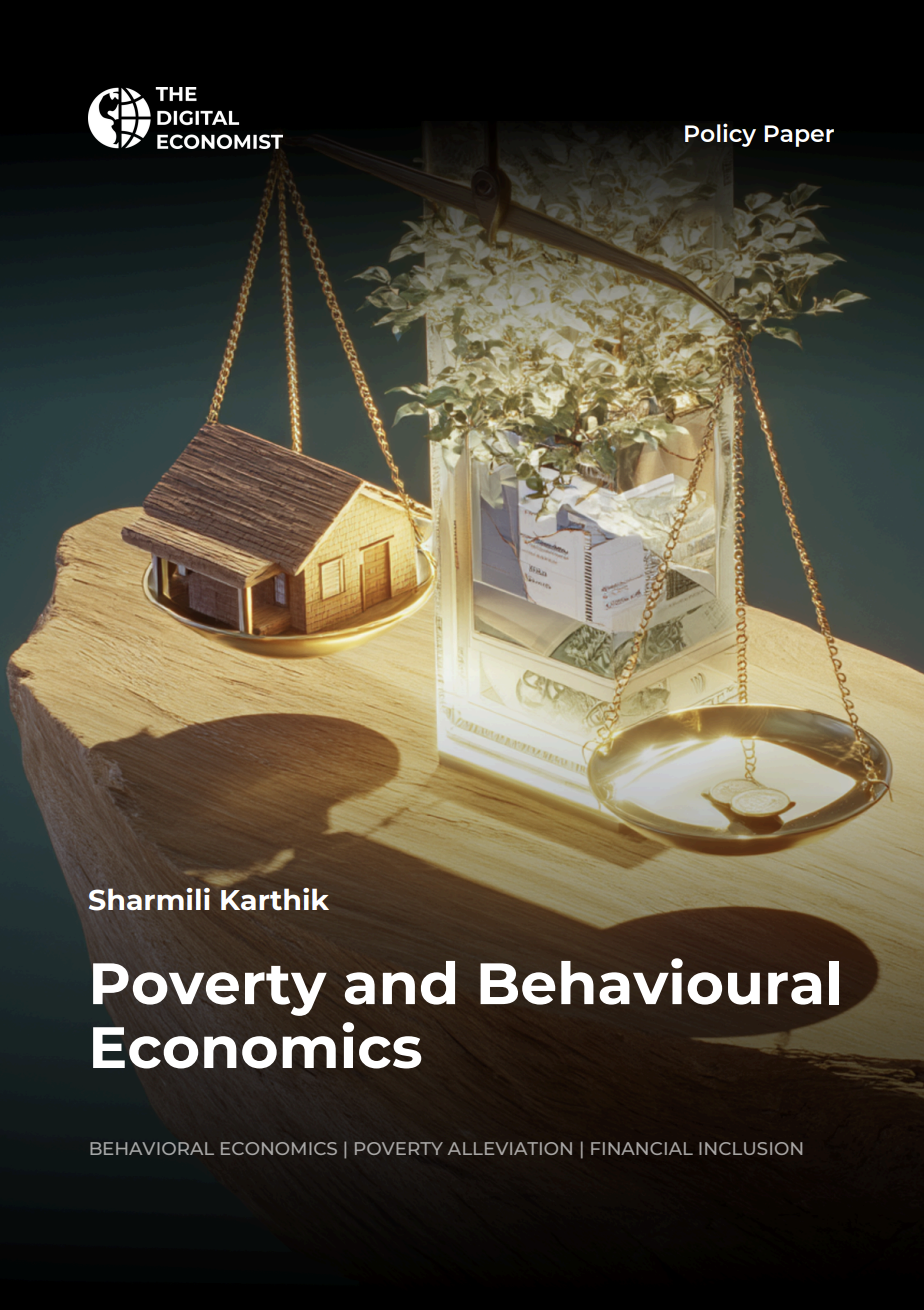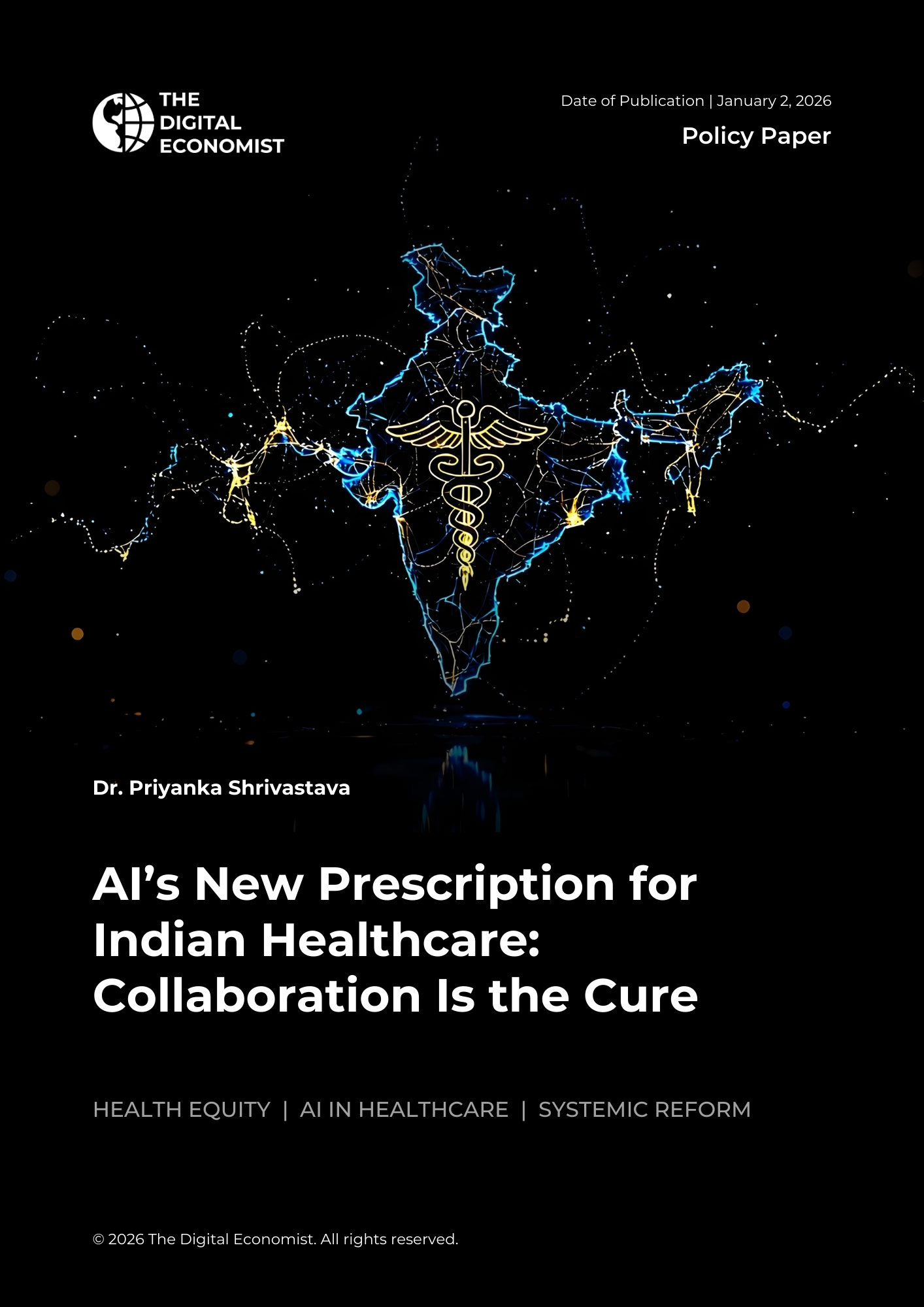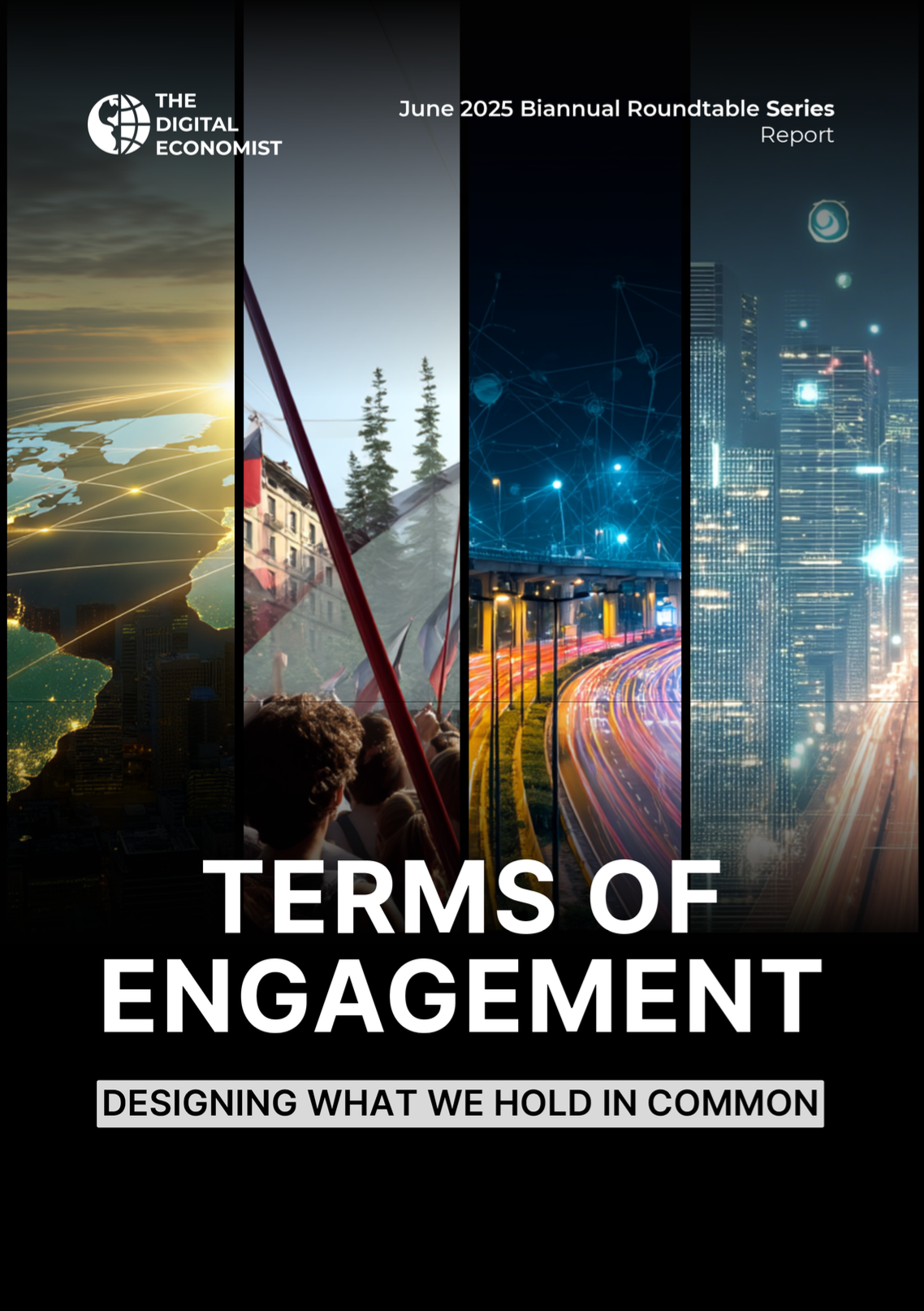
This policy paper explores the intersection of behavioral economics and poverty, examining how psychological factors associated with scarcity perpetuate the cycle of poverty. The author discusses how individuals in poverty often focus on immediate needs, which hinders their ability to engage in long-term planning and decision-making. The paper highlights the impact of economic instability, particularly in the context of inflation and housing insecurity, on financial behavior. It emphasizes the importance of targeted interventions, such as microfinance programs and community-based support, that can empower individuals and disrupt the cycle of poverty. By analyzing successful models from various contexts, the paper advocates for the integration of behavioral insights into policy design to promote financial inclusion and enhance the effectiveness of poverty alleviation strategies. Ultimately, it calls for a more nuanced understanding of poverty that considers psychological dimensions and the need for collaborative solutions to foster economic equity.

